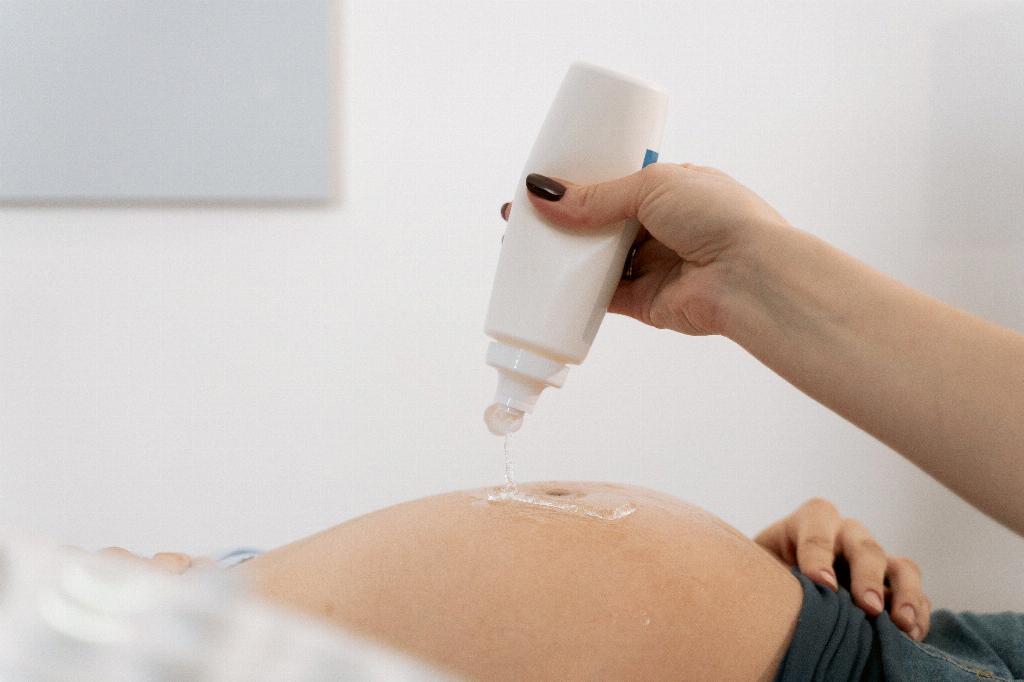When it comes to pregnancy, one of the most common questions that expecting parents have is about the presence of a baby bump in the early stages of pregnancy. It’s important to note that pregnancy and baby bumps are unique to each individual, and several factors can influence when and how prominently a baby bump appears. Let’s explore this topic in more detail to shed light on whether there is a bump at the first week of pregnancy.
Early Changes in the First Trimester
During the first week of pregnancy, the fertilized egg implants itself into the uterine lining, marking the beginning of a miraculous journey of growth and development. At this stage, physical changes in the body may not be visibly apparent, and you may not have a noticeable baby bump.
Development of the Embryo
As the embryo grows and develops in the early weeks of pregnancy, the body undergoes a series of changes to support the developing fetus. While these internal changes are happening, they may not translate to a visible baby bump in the first few weeks.
Factors Influencing Baby Bump Appearance
Several factors can affect when a baby bump becomes noticeable, including the mother’s body shape, muscle tone, and whether it’s the first pregnancy. It’s common for first-time mothers to experience a less pronounced baby bump in the early weeks compared to subsequent pregnancies.
Timeline of Baby Bump Development
Typically, the first signs of a baby bump may start to become noticeable in the second trimester, usually between weeks 12 and 16. This is when the uterus expands and rises out of the pelvic cavity, contributing to the rounded appearance of the abdomen.
Physical Changes in the Second Trimester
During the second trimester, you may start to notice subtle changes in your body as the baby bump becomes more prominent. The growth of the uterus and the baby’s development play a significant role in the visible changes to your abdominal region.
Embracing the Pregnancy Journey
As the pregnancy progresses, each trimester brings its own set of changes and milestones. Embracing the journey of pregnancy, including the development of a baby bump, can be a joyful and transformative experience for expecting parents.
Consulting with Healthcare Providers
If you have any concerns about baby bump development or any other aspects of your pregnancy, it’s essential to consult with your healthcare provider. They can provide personalized guidance and support throughout your pregnancy journey.
Support and Information
Seeking support from friends, family, and online communities can also be valuable during pregnancy. Sharing experiences and gaining insights from others can help you navigate the physical and emotional changes that come with expecting a child.
Celebrating Each Stage of Pregnancy
Regardless of when your baby bump becomes noticeable, celebrating each stage of pregnancy and the remarkable process of bringing new life into the world can be a rewarding and fulfilling experience. Every pregnancy is unique, and the journey is filled with anticipation, wonder, and love.
Conclusion
In conclusion, while a baby bump may not be visible in the first week of pregnancy, the development of the bump and the physical changes that accompany it are significant milestones in the journey of pregnancy. Embracing these changes, seeking support, and consulting with healthcare providers can help you navigate the beautiful experience of pregnancy with confidence and joy.

